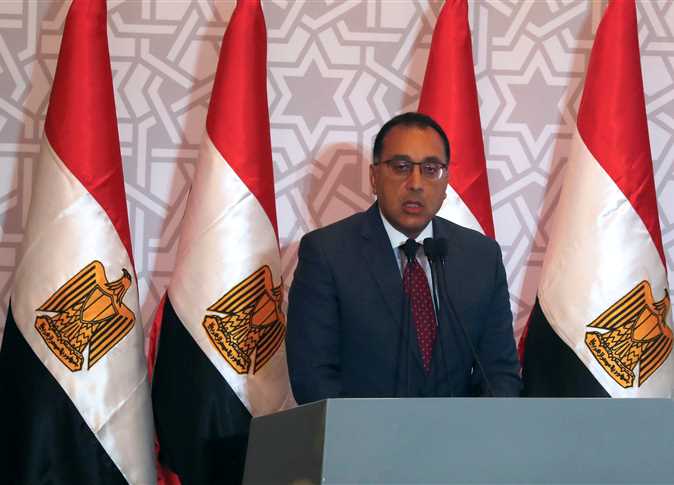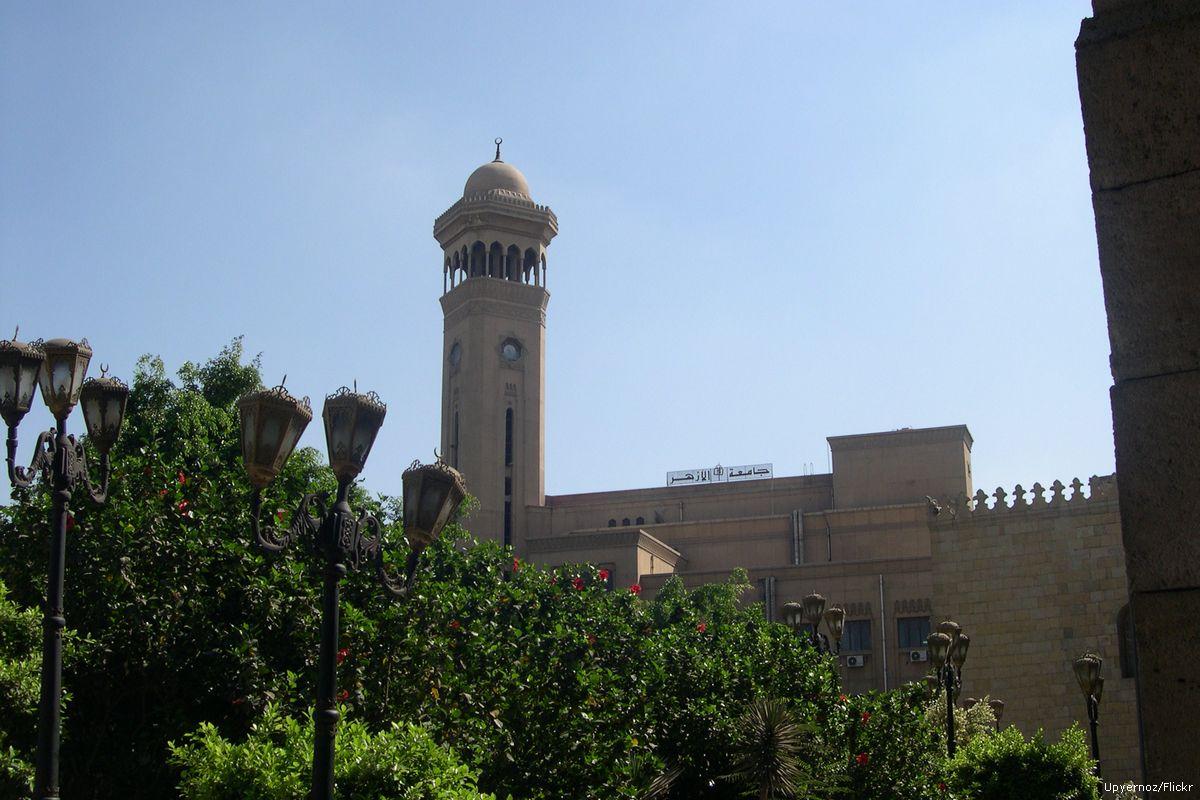
Prime Minister Mostafa Madbouly addressed several key issues, from Egypt’s economic policy and its stance on the International Monetary Fund (IMF) to the government’s commitment to improving citizens’ lives.
During a meeting with media regulators and chief editors of newspapers and news websites on Tuesday, the Prime Minister announced that the next expected increase in fuel prices this October might be the last.
He stated that a “self-adjusting pricing mechanism” would be implemented afterward, with prices rising and falling based on market conditions.
Subsidies, he added, will be limited to diesel fuel due to its use in many sectors.
Madbouly also warned against political attempts to “redraw the map of the region” and their potential consequences for Egypt, stressing that the country is a target of these efforts.
He emphasized the importance of internal cohesion, stating: “We must realize that Egypt’s strength lies in its internal unity and the public’s awareness of the scale of the challenges. The government is always striving to improve citizens’ lives, as subsidies remain the largest figure in the state budget. But things take time and effort before we can finally say that the quality of life has improved for all citizens.”
Madbouly added, “We will not need a new program from the IMF. The government, for its part, aims to reduce foreign debt by one or two billion dollars annually, with a ceiling on borrowing and the use of concessional loans, and replacing short-term debts. We have secured our gas and energy needs for the next five years thanks to our liquefaction vessels and the return of production from Egyptian fields. We have also been able to reduce the amount owed to foreign partners in the oil sector by half, and by the end of this year, only one-third will remain.”
He continued, “Citizens must report any price-gouging practices in the markets. As a state, we cannot reach hundreds of thousands of sales outlets, and we are working hard through the oversight system, such as the Consumer Protection Agency.”
He also noted that it was a mistake to continue the old rent law for all those years and that the government’s action was to restore balance between renting and ownership in the real estate market.
Afterward, normal systems regarding rent will return, and there will be no abuse of power, he assured.
Regarding water concerns, Madbouly stressed that Egypt is not against any development in the Nile Basin countries and that water is an existential issue for the nation. He denied claims that the state has prevented such development for decades.
Responding to a question from Al-Masry Al-Youm about the public’s right to the Nile, he added: “There was no corniche for the Nile, and that is why we created the ‘Ahl Masr Walkway.’ Entry is available to the public, but I do not control the outlets, as they are managed by the private sector. Those who wish to eat or drink can do so according to their ability.”
And regarding the media development roadmap, he continued: “The government does not interfere in the work of the committee formed to develop the media. We are implementing the presidential directive by helping the committee and regulatory bodies achieve the vision’s goals and adhere to the timeline set by the president. We as a government are taking a step back and leaving this matter to all media representatives and related fields to create this roadmap.”
Edited translation from Al-Masry Al-Youm




